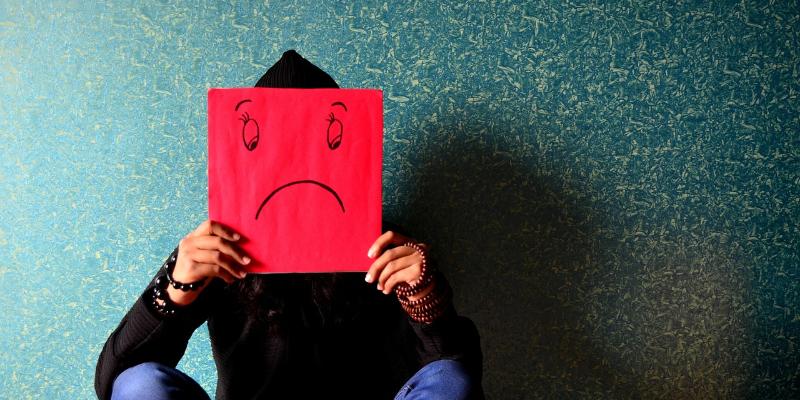Not every low mood directly indicates illness. However, if it lasts for a few weeks, and is accompanied by sleeping problems, no appetite or apathy, it is worth looking for specialist help. It may not be just the blues, but a depressive disorder.
According to the World Health Organisation (WHO), depressive disorder is the fourth most serious illness (after cardiovascular diseases, cancer and diabetes).
“In order to diagnose the illness, the low mood condition must persist for more than two weeks and somatic symptoms need to accompany it," states Anna Nita, a psychologist at the ITAKA Foundation – Centre for Missing People. On the basis of the ITAKA Foundation experience, it turns out that depressive disorder and other mood disorders are among the most common reasons for people to go missing.
Sleeping problems (excessive sleeping or sleeplessness, early waking-up), no appetite and the consequent weight loss, reduction of motivation to act, a tendency to get tired, no pleasure in activities, which previously made a person happy, are alarming symptoms.
Depressive disorder can hit everybody
Depressive disorder is an illness which can hit everybody, irrespective of age, place of residence, profession or social status.
Statistics show that more women than men are treated for depressive disorder. Also, more women call the Anti-depression Helpline run by the ITAKA Foundation. However, when it comes to suicide statistics, it is the other way round. Men seek help on rare occasions, they withdraw; more often seek other ways to deal with their psychological pain, for example, they start drinking alcohol or take other auto-aggressive actions. When these remedial measures are not sufficient any more, and their domestic or work situation gets significantly worse, they attempt to commit suicide.
“Once it was considered that only adult people suffer from depressive disorder, but today it is known that it also afflicts children and the young, but it happens that it has a different course," as Nita points out. Teenagers suffering from depressive disorder feel irritated or permanently anxious rather than sad.
Nita underlines that when we feel that we are losing control over our lives, it is worth seeking help, for example, by visiting a psychologist or a psychiatrist.
Don’t worry, others have it worse
For close relatives it is sometimes difficult to look at the sick person’s condition and they want to help by “giving good advice." Sick people too often hear “don’t worry, others have it worse," “get a grip," or “I know how you feel, I’ve also had the blues."
Unfortunately, the psychologist points out that despite our intentions such advice does not help; it deepens the feeling of guilt and misunderstanding in the sick person. She points to the fact that most sick people, especially at the beginning of treatment, when medications and therapies do not bring any relief, are not able to get out of bed or have to do it with great effort.
Nita advises that it is good when close relatives help the sick person by offering their company and conversation, but they should not push it when the sick person does not feel like doing it. It is also important for the close relatives to help with treatment and listen to the doctor’s advice. Sometimes, the sick person is not able to see the doctor and then he/she must be taken there.
Depressive disorder must be treated!
“Ignoring depressive disorder might cause a deterioration in the condition and, as a result, the falling out of social roles (professional and family), and deterioration in somatic condition. The most tragic consequence of depressive disorder is suicide," Nita warns.
The best results are achieved by pharmacological treatment with psychotherapy. The support of close relatives is very important.
It is good when relatives look for information about the disorder and keep in touch with the doctor, and when they feel overloaded it is best for them to visit a specialist for help.









Comments (0)